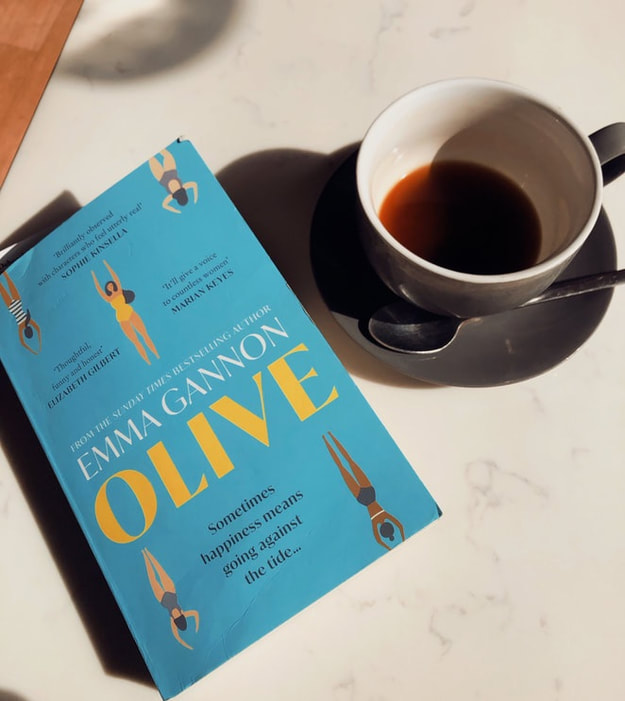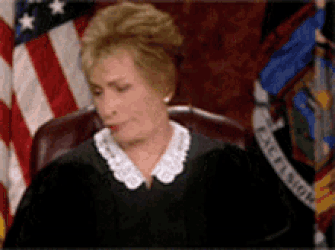Olive
Author: Emma Gannon
Published by: Harper Collins
Pages: 410
Format: Paperback
My Rating: ★★★
Published by: Harper Collins
Pages: 410
Format: Paperback
My Rating: ★★★
Olive and her friends have shared every milestone.
From first loves and first heartbreaks, to flatshares and the first scary steps into the real world, they’ve been through it all – together.
But in the maze of life, through the winding paths that lead to different choices and different futures, will the bonds of friendship hold strong when Olive needs them most?
From first loves and first heartbreaks, to flatshares and the first scary steps into the real world, they’ve been through it all – together.
But in the maze of life, through the winding paths that lead to different choices and different futures, will the bonds of friendship hold strong when Olive needs them most?
My thoughts:
I’d first like to explain that my low star rating in this review is not because of the subject matter covered by this novel, but because of the novel's execution. In fact, the concept of a story about a woman contemplating a child-free existence was what drew me to the novel in the first place. When reading Olive, I had no expectations. It was selected as the April reading choice for a new book club I have joined, which this month was exploring the theme of Motherhood.
I was initially intrigued and excited by the premise - I've never read a novel which centres itself on the decision to not have children, and I can’t really think of a main character who is actively childfree by choice.
Olive follows the story of a thirty-something woman who has made the decision that she doesn't want to have children. As the women around her start to build families, Olive begins to unpack the implications of her choice, and how this will affect not only her future but also the relationships with those she loves. She has just split up with her boyfriend of nine years because he is desperate to have a family and Olive is completely certain that she does not want to have children.
While Olive has made the active choice to be child free her friends are living very different lives. One has a rambling, chaotic child-filled house, one is a successful lawyer who suddenly finds herself struggling to look after a baby and the third is tied in knots of anguish through her failure to conceive. Olive suddenly finds herself very alone. She hasn't even told her friends that she and her ex have split up yet. She wonders why she feels the need to justify her life decision and doesn't feel supported. All four girls find themselves in a place where they need their friends more than ever, but they are finding it increasingly difficult to connect. I found the expression of the various friends' prejudices very interesting.
This is a modern tale about the obstacle course of adulthood, milestone decisions and the ‘taboo’ about choosing not to have children. The book navigates through some difficult topics with a protagonist who, at times, frustrates and bewilders.
As the main character, Olive is many things: independent, adrift, anxious, loyal, kind, but she also came across to me as a frequently self-centred, self-obsessed, and insensitive person. At times I found her infuriating. I wouldn't necessarily mind this - problematic narrators can be very interesting - but I have the distinct impression that this wasn't intentional. She repeatedly judges women (often for things that she herself does - and congratulates herself for doing), she centres herself in every drama even if it has nothing to do with her, and she constantly complains about her friends' decisions to have children because of how their choices affect her. I found myself rolling my eyes quite a lot.
I’m sure Olive is a story that will receive mixed reactions. It was the perfect choice for a book club, and extremely interesting to discuss the book with other women as part of the feminist reading group in Bath. We discussed the characters, content, and themes of the novel in detail, and despite a few mixed opinions we all agreed that Emma Gannon’s book is thought-provoking, moving and memorable. The content will frustrate some readers, and for others it will feel nostalgic. For me, Olive is not the child-free heroine I wanted, and she sure isn’t the one I deserve.
Overall reaction:
I’d first like to explain that my low star rating in this review is not because of the subject matter covered by this novel, but because of the novel's execution. In fact, the concept of a story about a woman contemplating a child-free existence was what drew me to the novel in the first place. When reading Olive, I had no expectations. It was selected as the April reading choice for a new book club I have joined, which this month was exploring the theme of Motherhood.
I was initially intrigued and excited by the premise - I've never read a novel which centres itself on the decision to not have children, and I can’t really think of a main character who is actively childfree by choice.
Olive follows the story of a thirty-something woman who has made the decision that she doesn't want to have children. As the women around her start to build families, Olive begins to unpack the implications of her choice, and how this will affect not only her future but also the relationships with those she loves. She has just split up with her boyfriend of nine years because he is desperate to have a family and Olive is completely certain that she does not want to have children.
While Olive has made the active choice to be child free her friends are living very different lives. One has a rambling, chaotic child-filled house, one is a successful lawyer who suddenly finds herself struggling to look after a baby and the third is tied in knots of anguish through her failure to conceive. Olive suddenly finds herself very alone. She hasn't even told her friends that she and her ex have split up yet. She wonders why she feels the need to justify her life decision and doesn't feel supported. All four girls find themselves in a place where they need their friends more than ever, but they are finding it increasingly difficult to connect. I found the expression of the various friends' prejudices very interesting.
This is a modern tale about the obstacle course of adulthood, milestone decisions and the ‘taboo’ about choosing not to have children. The book navigates through some difficult topics with a protagonist who, at times, frustrates and bewilders.
As the main character, Olive is many things: independent, adrift, anxious, loyal, kind, but she also came across to me as a frequently self-centred, self-obsessed, and insensitive person. At times I found her infuriating. I wouldn't necessarily mind this - problematic narrators can be very interesting - but I have the distinct impression that this wasn't intentional. She repeatedly judges women (often for things that she herself does - and congratulates herself for doing), she centres herself in every drama even if it has nothing to do with her, and she constantly complains about her friends' decisions to have children because of how their choices affect her. I found myself rolling my eyes quite a lot.
I’m sure Olive is a story that will receive mixed reactions. It was the perfect choice for a book club, and extremely interesting to discuss the book with other women as part of the feminist reading group in Bath. We discussed the characters, content, and themes of the novel in detail, and despite a few mixed opinions we all agreed that Emma Gannon’s book is thought-provoking, moving and memorable. The content will frustrate some readers, and for others it will feel nostalgic. For me, Olive is not the child-free heroine I wanted, and she sure isn’t the one I deserve.
Overall reaction:


